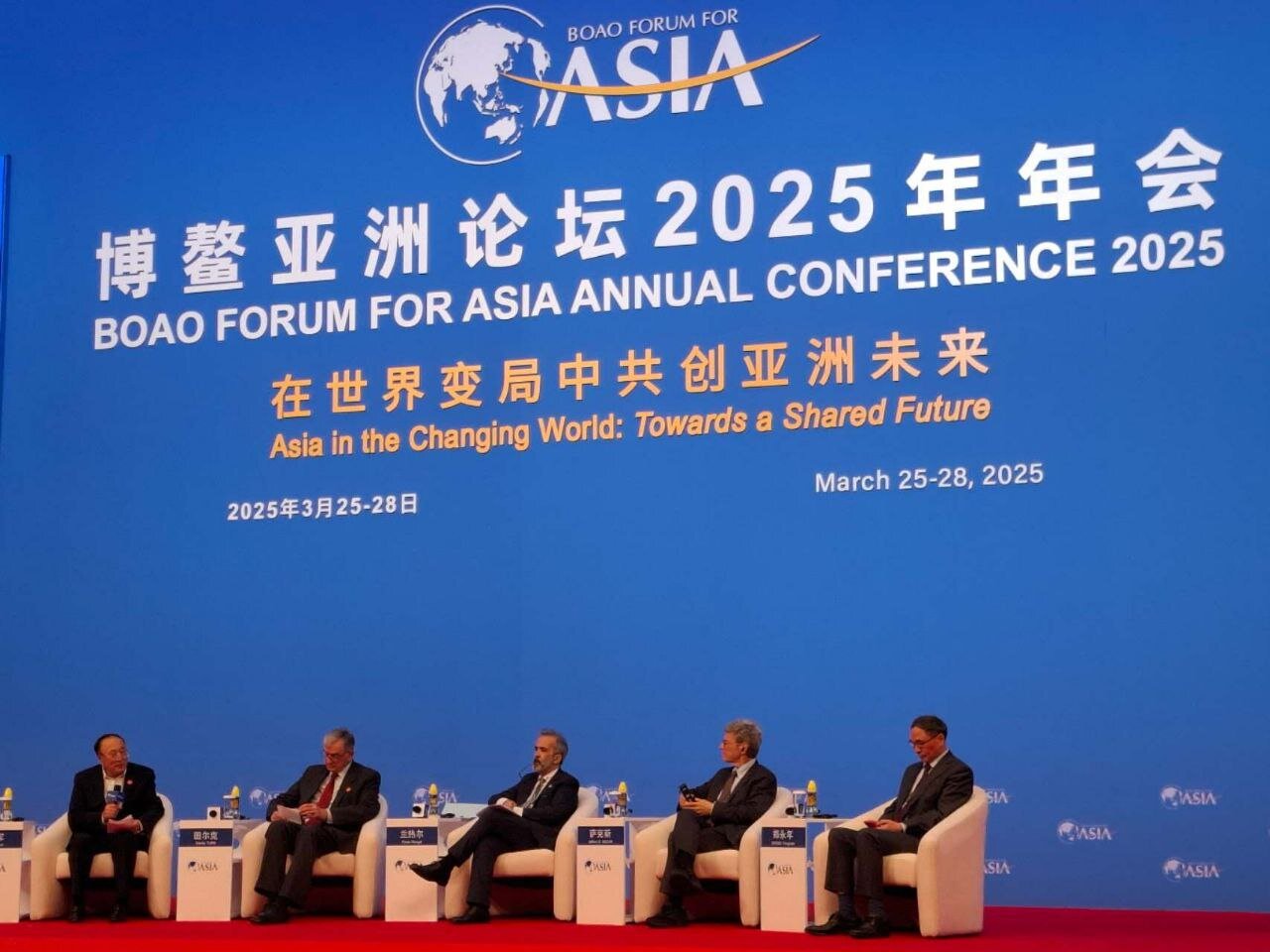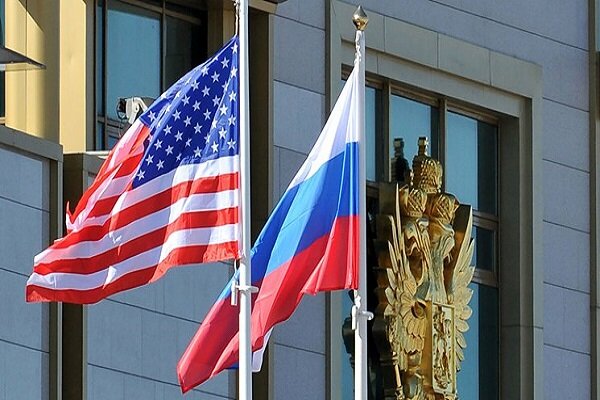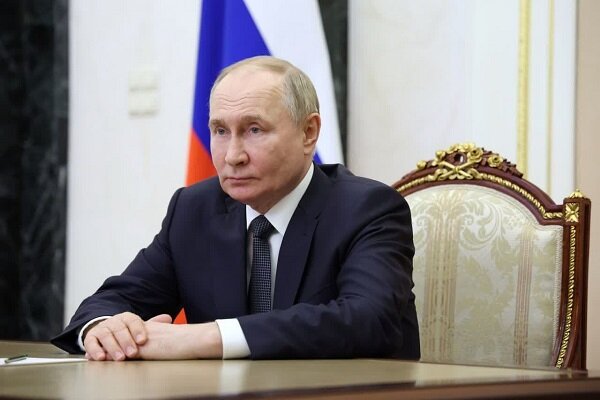Professor Jeffrey Sachs: US-China Trade War is ‘Self-Defeating’ – Exclusive Insights Revealed!
In a recent discussion at the Boao Forum for Asia (BFA) Annual Conference 2025, a leading American economist critiqued the ongoing trade war launched by President Donald Trump against China. This trade conflict is viewed as a counterproductive strategy that could have lasting negative effects on the United States economy. Jeffrey Sachs, the Director of the Center for Sustainable Development at Columbia University, emphasized the detrimental impacts of these tariffs on the U.S. economy.
Speaking with the Tehran Times, Sachs stated, “Well I think the trade war is very self-defeating for the United States. So I don’t think that it will impede China but it will hurt the United States.” His insights highlight the implications of these policies on American competitiveness and living standards.
According to Sachs, the tariffs imposed by Trump’s administration are likely to:
- Reduce U.S. Competitiveness: The tariffs will make American goods less competitive in the global market.
- Lower Living Standards: Increased costs due to tariffs will affect the purchasing power of American consumers.
- Decrease Confidence: The trade war could lower investor and consumer confidence in the U.S. economy.
Sachs remarked, “All these tariffs that the US is putting on will make the US less competitive and will lower living standards. It will lower confidence in the US economy so I think it is a self-defeating policy.” These points were made following his participation in a panel discussion at the BFA.
The trade conflict began soon after Trump assumed office on January 20, when he enacted a 20 percent tariff on Chinese imports. In retaliation, China has placed duties of up to 15% on various U.S. agricultural products, causing a ripple effect in the markets.
On March 7, Chinese Foreign Minister Wang Yi responded to U.S. actions, asserting that these restrictions will ultimately be ineffective. “Where there is blockade, there is breakthrough; where there is suppression, there is innovation,” he stated at a press conference during the National People’s Congress (NPC) in Beijing.
China is a crucial market for American agricultural exports. As prices for imported goods increase due to tariffs, Chinese consumers may seek more affordable options, either from local producers or other nations. This shift could significantly challenge U.S. farmers, who might see a decline in their market share as a result of the trade war. Consequently, they are likely to be among the hardest hit by these escalating tensions.
The trade conflict has been a focal point of discussion at the BFA’s Annual Conference 2025, which commenced on Tuesday and will continue until Friday. The conference theme, “Asia in the Changing World: Towards a Shared Future,” has encouraged discussions on how Asia can navigate various challenges while promoting sustainable development.
This year’s event has drawn approximately 2,000 participants from over 60 countries, including more than 1,100 journalists from nearly 150 media outlets worldwide, as reported by Chinese media outlets. The collective goal is to explore how the continent can continue to serve as a significant growth engine for the global economy.
In summary, the ongoing trade war initiated by the Trump administration appears to be a detrimental strategy for the United States, as highlighted by economist Jeffrey Sachs. The implications of these tariffs may not only affect the U.S. economy but also reshape the dynamics of international trade. As discussions continue at the BFA, the focus remains on fostering cooperation and sustainable development within Asia and beyond.






